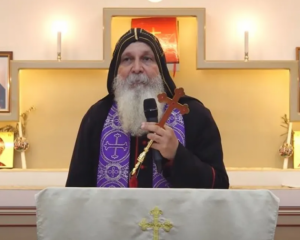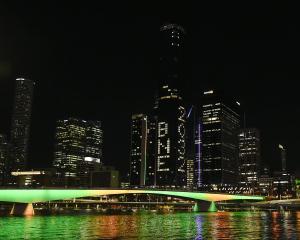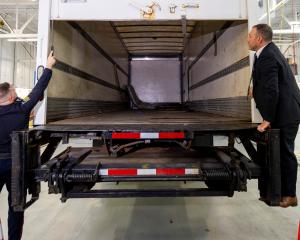Provincial authorities in Argentina have prohibited two British-linked cruise ships from docking in Tierra del Fuego, upping the ante in Argentina's spat with Britain over the Falkland Islands.
The two countries fought a 10-week war over the Falklands in 1982 after Argentina invaded the South Atlantic archipelago. Tensions have risen before the 30th anniversary of the war this year, and oil exploration by British companies off the islands has raised the stakes.
London has refused to start talks demanded by Buenos Aires on the sovereignty of the Falklands unless the 3000 residents of the islands call for them, which they show no signs of doing.
One of the ships turned away on Monday (local time) was the Star Princess, which was sailing under the flag of Bermuda, an overseas territory of Britain. It was prevented from docking in the southern Argentine port of Ushuaia, capital of Tierra del Fuego province, Argentina's state news agency Telam said.
"The government of the province of Tierra del Fuego prohibited a cruise ship under the flag of a British colony from entering the port of Ushuaia, citing a provincial law linked to Argentina's complaint over the sovereignty of the Malvinas Islands (as the archipelago is known in Argentina)," Telam said.
The luxury cruise liner, which has a capacity of 2600 passengers, had made a stop at Port Stanley in the Falklands before heading to Ushuaia, according to media reports. It had docked in Ushuaia during previous cruises, before the recent increase in diplomatic tensions, Telam said.
Telam said a second cruise liner had been turned away by provincial authorities at Ushuaia but did not provide details. Media reports said that ship was the Adonia, operated by P&O Cruises out of Southampton, England.
The Adonia also had just visited Port Stanley, reports said.
"This is a symbolic act, with Argentina thumbing its nose at the British," said Mark Jones, a Latin American studies professor at Rice University in Houston, Texas.
"(Argentine President Cristina) Fernandez is signalling that she is going to flex her muscles until she convinces the British to talk about the sovereignty of the islands," Jones said.
Britain may be in for a windfall when oil starts flowing in the Falklands later this decade. It says sovereignty is not up for discussion as long as Falkland islanders, known as "Kelpers", want to remain British.
Sea Lion, a field discovered in 2010 north of the islands by British explorer Rockhopper, will generate $10.5 billion of tax and royalty revenues for the Falklands over its estimated 20-year life, Edison Investment Research said this month.
That windfall could swell to $167 billion over the years, Edison analysts said, if four wells being drilled this year off the southern coast and targeting 8 billion barrels of oil resources come in as hoped.
Prince William, second-in-line to the British throne, arrived in the Falklands early this month for a six-week tour of duty as a Royal Air Force search-and-rescue pilot. The Argentine government criticized the posting and accused Britain of "militarizing the South Atlantic".
In an emotional speech Monday evening celebrating the bicentennial of the Argentine flag, Fernandez reiterated the country's claim to the Falklands "and the defense of our natural resources."
"Colonization," she said, her voice cracking, "means domination."












